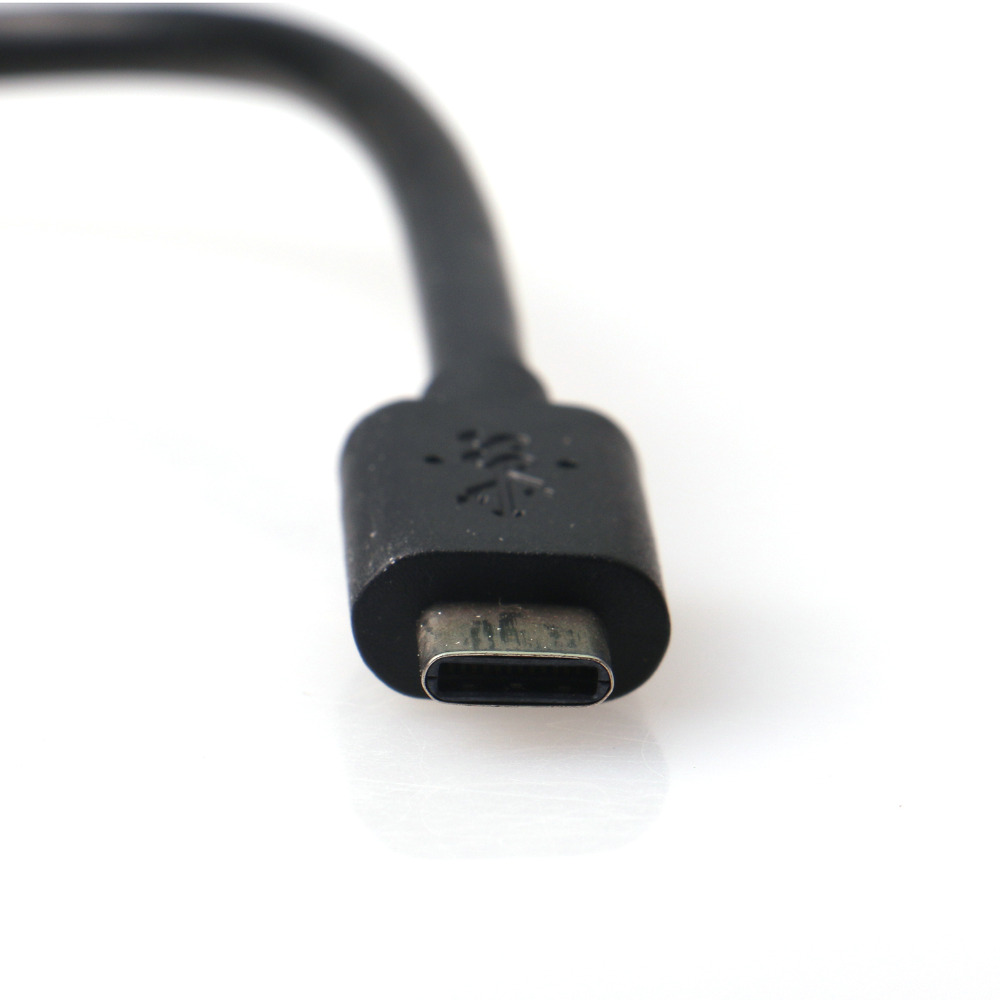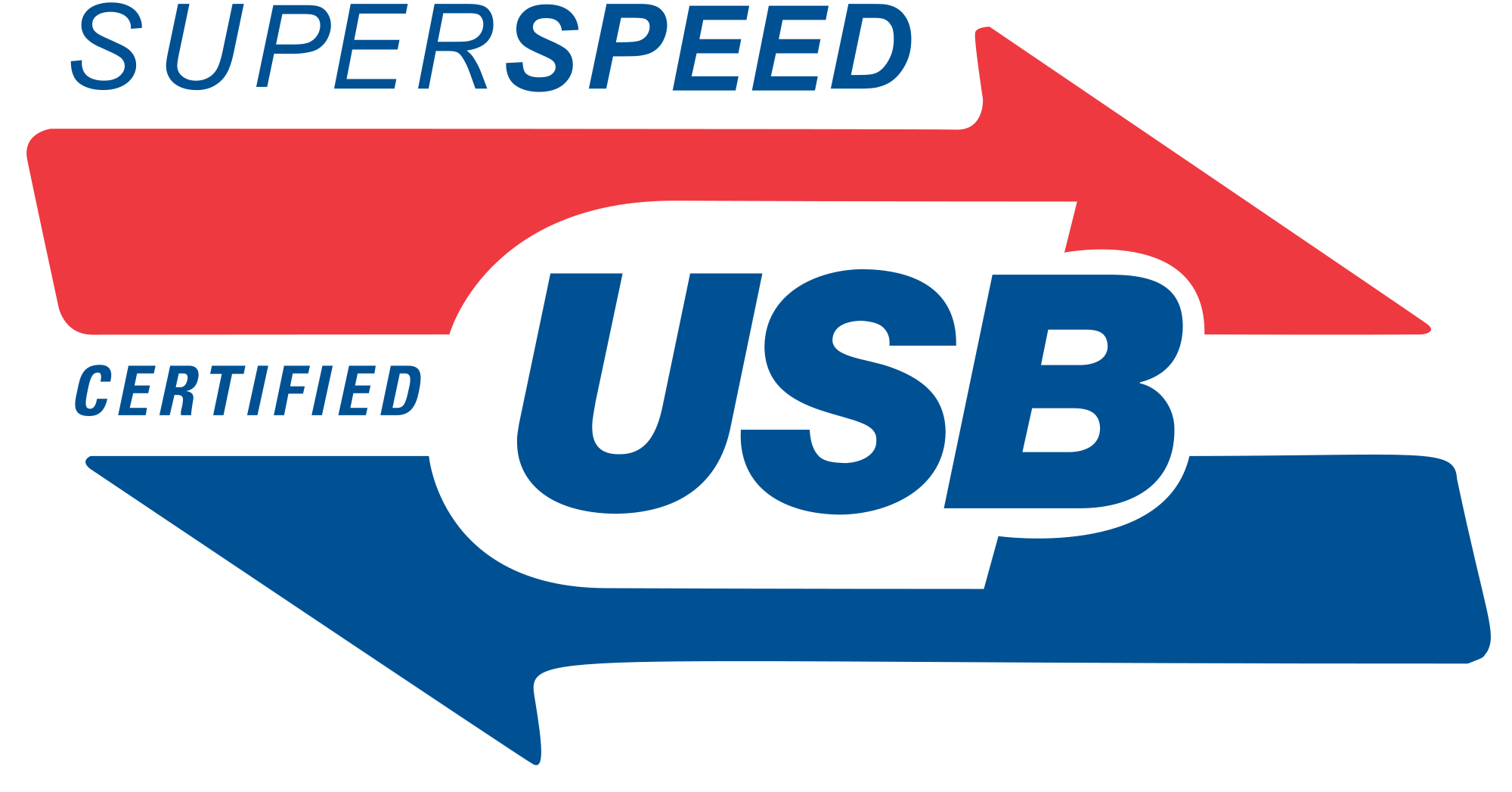Warning: Do not cheap out on USB Type-C cables for your 12 inch MacBook Retina
There is nothing wrong about looking for a cheaper option when in need of accessories for our laptops and tablets, such as adapters, chargers and wires. With that said, there is such thing as spending too little, especially if it means putting your device in danger.

The USB Type-C connector, especially when it was finally introduced in the 2015 12 inch Apple MacBook, was a show of power, figuratively, and literally. The new connector opens devices to feats impossible to achieve, using USB 2.0 and 3.0 standards. Type-C means more power driven to and from peripherals, the ability to connect and power external displays, printers, and to charge devices at full speed, using far more wattage than any prior USB standard.
With this much power, traveling both ways, to and from a device like the 12 inch MacBook, consumers can’t possibly afford to ignore the risks that come with purchasing a lower quality wire.
The power delivery of the USB Type-C standard has the ability to reach 100W, which is only a quarter of the average power supply for a full-size desktop PC. To put things in perspective, any and all external peripherals that would typically require a separate power cord to function via USB 2.0 and 3.0, would have sufficient power to operate without a power cord, over USB Type-C alone, granted adequate hardware modifications.
With this in mind, what happens when a faulty wire is plugged into the 12 inch MacBook’s Type-C port? Nothing good.
In the early days of USB 1.0, the damage of a faulty wire was reasonably contained, within the connector itself, and a small number of internal contacts, mostly due to the fact that USB 1.0 was designed to carry only enough power for data transfer.
With higher wattage brought by USB 2.0, defective wires started causing more of damage, as well as 3.0. The repercussions of plugging a faulty wire into a USB connector capable of delivering 100W of power, can be extremely serious, including the possibility of permanently damaging a 12 inch MacBook. In the mere fraction of a second. A defective wire connecting a MacBook and an iPhone, will send enough current to fry both devices.
Worst of all: Apple won’t help, for damage caused by third party accessories.
What to look for to get a legit USB Type-C cable
A seal of approval has been created by the USB Implementers Forum (USB IF), which allows manufacturers to certify their USB Type-C products, and ensure quality standards are met. USB IF certification is free, ergo there are no valid reasons for manufacturers not to apply for the program.

The seal has been available for some time, and it’s clearly visible when purchasing USB Type-C accessories and compatible peripherals in stores.